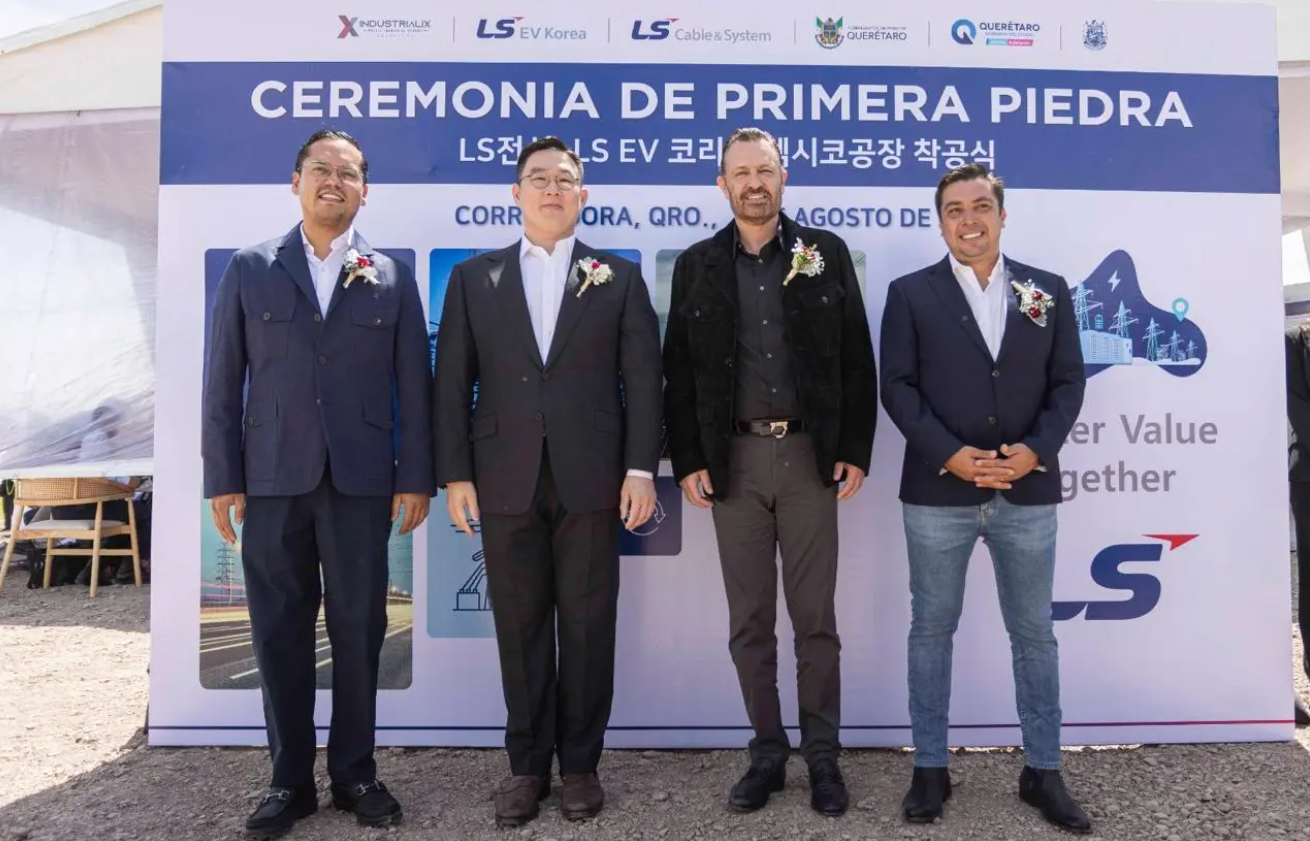

LS Cable & Systems, a South Korea-based industrial corporation with global operations and one of the biggest cable manufacturers worldwide, has announced the commencement of construction on two new factories in Querétaro, Mexico. These facilities will focus on producing bus ducts—a modern electrical distribution system—and electric vehicle (EV) battery components. When they begin mass production in 2025, the facilities will cover 126,000 square metres.

The new facilities are part of LS Cable's strategic plan to establish a significant export base for the North American market. This initiative will enhance the company's production capabilities and market reach.
Bus ducts, a superior alternative to traditional cables, offer many benefits that make them especially beneficial for high-rise buildings. Their efficiency, convenience, and design for large-scale electrical transmission using either aluminium or copper busbars make them valuable to our product line. Their installation and maintenance are notably simpler, and they offer considerable reductions in power consumption, making them a cost-effective and sustainable choice.
This facility in Mexico will be LS Cable's fourth bus duct production base, complementing its existing plants in Korea and China and the LS Eco & Energy subsidiary plant in Vietnam. The bus ducts produced here will be supplied to various sectors, including electric vehicle manufacturing, battery production, semiconductor factories, and AI data centres.
The new factory will produce EV battery components and bus ducts, making it a crucial production hub alongside LS Cable's existing plant in Poland. The choice of Mexico as a location is not just a matter of convenience but a strategic decision. We have carefully considered the country's low labour costs and the advantages offered by the United States-Mexico-Canada Agreement (USMCA), which facilitates trade across North America, to ensure the success of our expansion.
LS Cable's expansion into Mexico underscores its commitment to strengthening its global production network and meeting the growing demands of the North American market. The two plants represent a $100 million investment and create over 500 jobs in Mexico. South Korea is the state's fourth-largest trading partner.
AL Circle's industry-focused report, "Aluminium Wires & Cables - Insights & Forecast to 2030," will provide an in-depth analysis and forward-looking perspective essential for stakeholders within the aluminium industry. Recognising the pivotal role aluminium wires and cables play in the infrastructure, automotive, and electrical sectors, AL Circle aims to deliver comprehensive insights that illuminate market trends, technological advancements, and future opportunities.
Aluminium (Al) wire is about two-thirds lighter than copper (Cu) wire, and this lightweight material reduces the overall weight of the cable harness. Even accounting for the relationship between conductivity and density, an aluminium wire with the same electrical resistance is about 50 per cent lighter than an equivalent copper wire. Moreover, the price of copper conductors drives the use of aluminium cables, which entails a more stable and lower cost.



Responses






